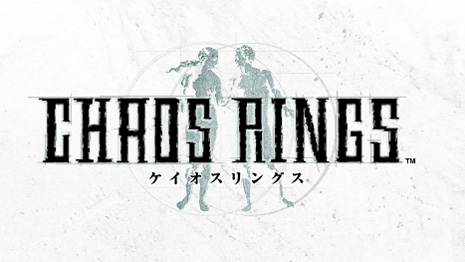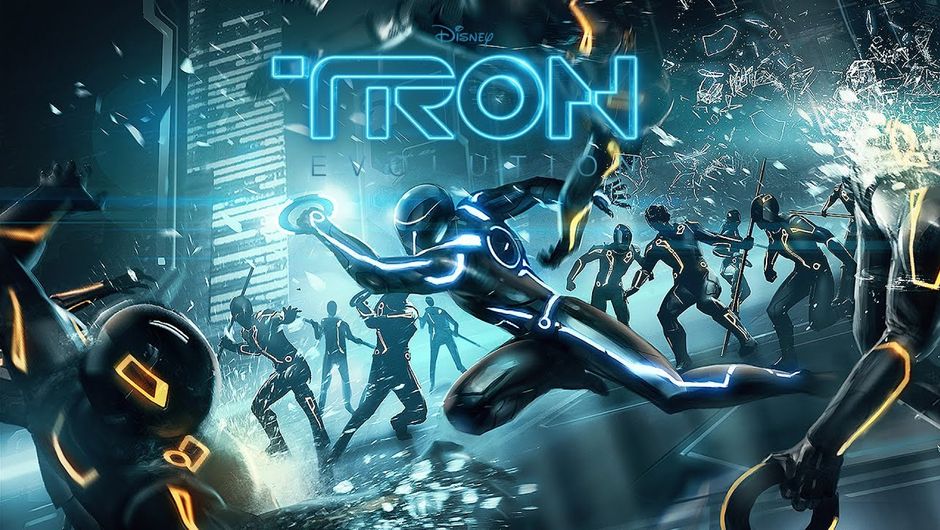Well, it took 30 years, but it finally happened: Final Fantasy got a trilogy. Lightning Returns: Final Fantasy XIII is out now in the states and on its way to Europe over the next few days. Should you care? Probably not. While Square Enix made a lot of changes mid-development to try and make the game more appealing, in the end we’re still left with a bizarre-o storyline and a glorified dressup figure. Not everything Lightning Returns does is bad, but its legacy will not be the few things it does right. For the most part, all the game does is add fuel to the flames for those who continually decry the death of Final Fantasy. And I have to admit, right about now they make a pretty compelling argument. But how far gone is Final Fantasy, really? Is Lightning Returns’ “end of days” here for the series, or is the series simply falling prey to the vocal minority? Well, let’s think through a few things. First off…
Final Fantasy XIII Wasn’t That Bad…At First
When was the beginning of the end for Final Fantasy? Ask many fans this question and they’ll answer: “X-2″. However I am disinclined to agree, because following X-2 came Final Fantasy XII, the best mix of classic and modern JRPG gameplay to this day. Not to be stymied however, fans would simply respond: “Ok, then. Final Fantasy XIII was the beginning of the end.” And indeed, the much-loathed trilogy has garnered enough hate to leave a bad taste in anyone’s mouth. But objectively speaking, the first entry in the trilogy actually started off pretty strong. There were grand new worlds to explore, a colorful cast forming a reasonably large party, a fresh but familiar battle system, and a compelling storyline to tie it all together with lore true to the series’ roots. It wasn’t perfect, as evidenced by the limitations imposed upon summons, party control, and exploration, but its faults were more minor annoyances than game-breaking flaws—the sort of things you hope to see fixed next time around but ultimately don’t ruin the experience. Besides, just about every complaint hurled at the game has its roots in other, better-received entries to the series. Linearity? Check out FFX. A stoic protagonist? Take a look at FFVII. Annoying characters? Ever heard of Kefka, Kuja, Rikku, Yuffie, Edward, Tidus? The series has always had characters with personalities that tend to grate on western gamers. Final Fantasy XIII did make some genuine departures from established norms and not all of them were good, but in all fairness the game wasn’t that bad—the sequels, on the other hand, are literally a different story.
While XIII-2 corrected a few of XIII’s flaws, it brought along new problems of its own, such as a convoluted storyline that took the happy closure of XIII, ripped it back open, and twisted everything into a weak time-travel plot that has little to do with the original’s premise. The game’s mechanics were enjoyable enough, but the story felt like it would’ve been better off never happening. In turn, Lightning Returns was necessary only because XIII-2 dug a plot hole so deep even the writers couldn’t find a way out of it, so they didn’t—they embraced the futility of their own creation instead, wrecking everything a second time at XIII-2’s conclusion just to keep things consistent. Come the third game in the series every character has lost all sense of identity and the storyline is ever more a convoluted mess that never had a chance redeem itself.
No, XIII was not a bad game. It’s just the sequels we’re better off pretending never happened. They came to correct XIII’s flaws but ultimately destroyed it despite mechanical improvements.
Blame Your Imagination?
Recently Square Enix pulled a brilliant marketing move and released a recap trailer for Lightning Returns: Final Fantasy XIII covering the previous two games in 16-bit. Witness for yourself:
While intended merely to be good fun and slightly informative, I immediately found the trailer interesting for another reason. When put into 16-bit perspective, the XIII series doesn’t seem like much of a departure from the greater series’ history at all. It makes one wonder: would the classics also be panned by today’s audience if they were given modern graphics, music, voice acting, and the like? Or on the reverse side, would the XIII series be universally lauded and praised if it had been released as an SNES or PS1 game back in the mid ’90s? Though we’ll never know for certain, I have a hunch that the answer to both questions is indeed ‘yes’, the reason being that all the fancy features of modern gaming limit the amount of imagination players can project into the game. The reason why a Super Nintendo can be engrossing even today is because your eyes and ears are doing only half the work. The rest is covered by your own imagination. You must add in a certain degree of personality to each character, you must come up with the voices, you must see the sprites as real people, creatures, machines, and locales, you must feel the MIDI as if it were the Tokyo Philharmonic Orchestra. The element of imagination made Final Fantasy a personal experience and one that meant something a little different to everyone who played. But what happens when that element is replaced by the game itself? Does it maintain the depth of the human imagination? And if not, is the game really worse than the others, or does it simply reveal what the others are truly like?
Regardless, it’s not like the XIII series is the only thing that’s happened to Final Fantasy this generation. There’s also great spinoffs like Dissidia and Type-0 on the portable front, and on the PC, well, there’s this little game called Final Fantasy XIV: A Realm Reborn.
Final Fantasy XIV isn’t Just ‘Not Bad’, it’s Awesome
The original Final Fantasy XIV may have been pushed out of the gate too soon for its own good, but Square Enix has more than made up for it with the recently launched remake. Everything fans have been pining for is here: towns, merchants, a vast open world, a medieval fantasy style, even the return of Nobuo Uematsu as composer—it’s the most ‘Final Fantasy’ Final Fantasy we’ve seen in years, even though it’s an MMORPG. And what’s more: it sells. FFXIV’s audience is huge and growing rapidly, sending a strong message Square Enix’s way that there’s still a market for classic-style games, and Final Fantasy in general. It’s too bad A Realm Reborn is barred behind a monthly subscription pay wall, for it could fairly well stand on its own as a single-player experience with only a few adjustments such as the addition of NPC party members and an ending to the plot. But for those who welcome the endless multiplayer experience there’s truly nothing better out there right now to relive the glory days of JRPGs in a current-gen package.
A series is far from dead when 1.5 million subscribers endlessly praise one of the latest entries. However, it’s interesting to think about the game’s origin as a sequel to Final Fantasy XI. It started out deeply flawed and deservedly performed so horribly that it had to be pulled, the original world wiped out in a mini apocalypse, and started over almost from scratch.
Still on its Feet
Now if you’ve been paying attention, you should be noticing a trend with the sequels. Final Fantasy X was one of the best games on the Playstation 2, XI was a brilliant foray into the realm of multiplayer gaming, and XIII was a mostly successful reimagining for a new era. But X-2, XIII-2 and Lightning Returns, and Final Fantasy XIV? The first three are plagued by story issues, and while A Realm Reborn may have gotten things well back on track it didn’t happen without serious effort to correct an initially botched sequel. It’s undeniable that the XIII series has declined over time, but it started off stronger than many give it credit for, and there’s much more going on in the world of Final Fantasy than just XIII. While Square Enix doesn’t get everything right, it’s clear they still know how to make a Final Fantasy game. At the end of the day it’s only the sequels that tend to be stinkers, while the main series titles are still going strong—even if it sometimes takes a second try to get there.
Are these the final days of Final Fantasy? Only if you plan on dropping it yourself. Despite some bumps in the road the long-running series continues to draw in millions with its fantastical worlds and characters, and while experiments to keep the extended series fresh may sometimes go awry, at the end of the day the heart of Final Fantasy still beats strong. It’s easy to maintain a skewed perspective when fresh wounds still fester. Now that Square Enix is finally done making sequels for Final Fantasy XIII it can focus its attention on what it does best: new entries to the main series that follow new characters in new worlds. That’s what has kept Final Fantasy going for so long, and that’s what will continue to do so. In the greater scheme of things, Lightning Returns is just an unfortunate blip on the radar. With a new era of games for new consoles on the horizon, many great things are still to come.








